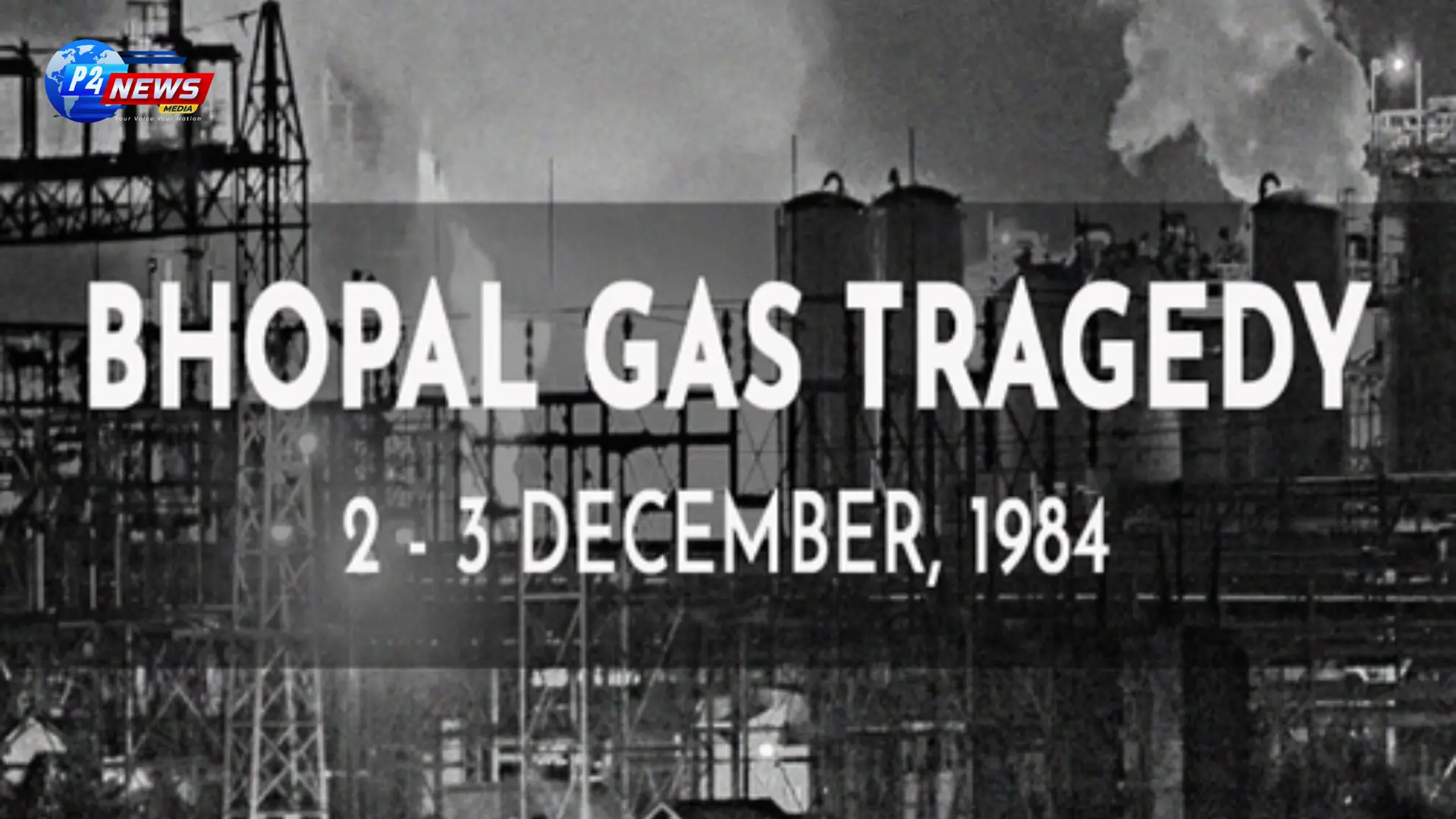Explore how the areas near the site of the Bhopal gas tragedy have transformed from neglected zones to vibrant real estate hotspots, shedding light on the ongoing growth in the vicinity and the complex legacy of the disaster.
Explore how the areas near the site of the Bhopal gas tragedy have transformed from neglected zones to vibrant real estate hotspots, shedding light on the ongoing growth in the vicinity and the complex legacy of the disaster.
Once seen as places to avoid, the areas surrounding the site of the infamous Bhopal gas tragedy have witnessed a surprising revival with a real estate boom that has taken shape over the last few decades. The toxic legacy of the Union Carbide disaster, which occurred on December 2-3, 1984, often cast a shadow over development prospects in Bhopal. Yet, as time passed, the evolution of the surrounding locale transformed it into a thriving area marked by both residential and commercial establishments.
The past four decades have been a mosaic of gradual growth for Bhopal's real estate sector, hindered initially by the repercussions of the catastrophe. From the ruins of a once-abandoned industrial site, nearby neighborhoods are now bustling with activity. The establishment of shopping malls and entertainment centers has added vibrancy, indicating a shift in perception about the area. Notably, a major shopping mall situated just 4 kilometers away has become a focal point for residents, signifying the changing dynamics of real estate in this formerly neglected zone.
It is essential to remember that that fateful night, methyl isocyanate gas leaked from the Union Carbide India Limited plant, resulting in the tragic loss of 5,479 lives and leaving hundreds of thousands suffering from long-term health effects. The aftermath led to a palpable decline in Bhopal's development compared to other state capitals, with many residents fleeing the city in fear of contamination. However, the urban landscape began to stabilize as the population gradually returned, driven by urbanization and emerging economic opportunities.
By the 1990 census, the population reflected a gradual recovery as residents were drawn back into the city, and development surged in nearby areas. According to Manoj Singh Meek, the head of the Confederation of Real Estate Developers’ Associations of India (CREDAI) Bhopal unit, approximately 100 residential colonies have sprung up around the former gas leak site over the past 40 years, accommodating around 300,000 residents.
Despite these advancements, the eerie specter of contamination still lingers. Development near the gas plant has been approached with caution, as concerns about soil and groundwater pollution continue to mount. As Shubhashis Banerjee, former chairman of the Institute of Town Planners India (ITPI) states, much of the residential expansion adjacent to the plant is deemed illegal, riding the wave of compensation released post-tragedy that ignited small-scale real estate initiatives.
The history of the site reminds us of how catastrophes can stifle progress—Bhopal has struggled to compete with other cities in industrial growth since the disaster. Environmental regulations strengthened in the wake of the incident have inadvertently slowed industrialization, pushing development to the outskirts of the city.
Rachna Dhingra of the Bhopal Group for Information and Action emphasizes the rapid development that occurred after the construction of an overbridge near the Union Carbide site, destroying some of the barriers to expansion in the area. Nevertheless, the fate of the contaminated land remains dire; toxic waste still affects the groundwater, leaving residents to navigate daily life amidst grave health risks.
Indeed, as the population pressures mount, the Bhopal real estate market flourishes, fueled by people eager to capitalize on available opportunities, despite the overshadowing history of the gas tragedy. This juxtaposition of growth amidst past adversity creates a complex landscape for Bhopal, where the memories of an environmental disaster and the aspirations of its people coexist.
'
Like
Dislike
Love
Angry
Sad
Funny
Pray
'Trump Tracker: Tulsi Gabbard's Surprising Appointment as US Intelligence Chief
November 14, 20249th Ayurveda Day in Melbourne: A Celebration of Ayurvedic Innovations and Global Health Impact
November 10, 2024🍪 We Value Your Privacy and Experience Hi there! We use cookies to enhance your browsing experience, provide personalized content, and analyze site traffic. By continuing to use our site, you consent to our use of cookies.







Comments 0